Natural Farming 101: How To Get Started (KNF)

Natural Farming 101: How To Get Started (KNF)
Natural Farming teaches you how to manage any size farm without the use of common chemicals and pesticides used on most farms.
There are 3 well-known people who all laid the groundwork to what is commonly referred to as natural farming today. Each developed their own unique techniques. And now today, sustainable organic farming advocates learn and practice methods from all 3.
The three “fathers of Natural Farming”
- Masanobu Fukuoka (The One-Straw Revolution)
- Mokichi Okada (Kyusei Natural Farming System)
- Han Kyu Cho Korean Natural Farming Principles (KNF)
Of the 3 natural farmers, Han Kyu Cho and his Korean Natural Farming (KNF) was the only one to use ferments and local microorganisms to produce effective bio fertilizers that deliver all the essential nutrients the soil needs to provide plants with.
What Is Natural Farming?
“Natural Farming” mimics nature. It’s a “closed system” that can happen naturally out in the wild without any help from humans or without any human supplied inputs.
The main goal is to create a sustainable farming system that is in complete balance with nature and the local environment.
Korean Natural Farming techniques are on the rise throughout the world. Thanks to the spread of information, and many generous teachers online as well as documents from Cho himself, more and more farmers are learning how to replace conventional chemical inputs and pesticides with these natural, more effective, and far healthier, methods.
KNF fertilizers enrich dirt to make a soil that is full of indigenous microorganisms. They create a perfect living soil that helps plants flourish.
You don’t need to worry about herbicides or pesticides either. KNF’s Organic liquid fertilizers serve as chemical free herbicide and pesticides that help protect plants against insects, disease and more.
Natural farming promotes a healthy local ecosystem that is balanced and in tune with nature.
It helps farms lessen the use of pesticides and herbicides with the end goal being to stop using them altogether. NF is a sustainable agriculture farming practice that eliminates the need to use outside factors on your farm.
It’s economical, and that’s just a bonus benefit. The food is as natural as can be and you don’t need to use commercial products or manufactured seeds (GMO’s) in order to successfully produce food on your farm. This is the main benefit of farming based on KNF.
Is “Organic Farming” The Same Thing?
What is the difference between natural farming and organic farming?
Organic farming simply refers to the lack of chemicals in soil, fertilizers or water, and the use of organic or Heirloom seeds.
“Organic farming” or organic agriculture, while similar, has no strict “no till” rule or prime focus on sustainability. Organic farming also doesn’t teach methods to run the entire no-chemical farm effectively.
It’s focused on organic materials, whether commercially bought or not. In comparison, natural farming prefers to use substances from your local farm or garden area. Composts and liquid fertilizers made from local plants near your farm are more effective than any product made elsewhere.
Organic farming is not based on traditions. It uses scientific breakthroughs. Tilling is fine and there is no special teachings on how to handle animals in the farm. In comparison, Korean Natural Farming teaches how to keep a chicken coop clean without ever having to go in there and replace all the floor droppings.
Natural Farming Is For Anyone & Everyone
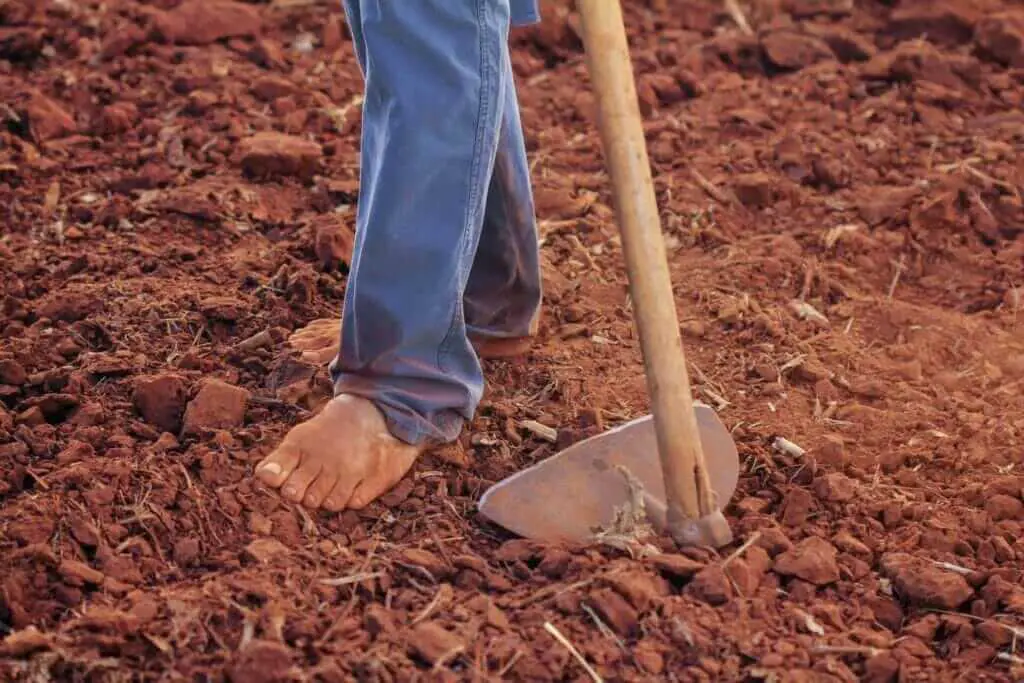
Natural farming is for both backyard gardeners and high-production commercial agriculture farms. There are many wonderful benefits and new skills picked up along the way. Here are some interesting skills NF teaches you:
- Different ways to make natural plant insecticides
- How to make and aerate compost piles
- Seed handling, storage and germination.
- NF teaches you how beneficial microorganisms work in agriculture.
- Learn how to prepare organic garden beds.
- Teaches how to use mulch to create perfect soil.
- Learn how to make and use organic liquid fertilizers.
- Avoid the wrong use of mulch.
- Learn how to use local materials to fertilize your whole farm or garden for free.
- Teaches permaculture design that grows complimentary plants together to promote soil health and high yields at the same time.
- Learn how to raise chickens, goats, pigs and even fish within your natural farm.
- Discover the benefits of wood vinegar and how to make it.
- And natural farming includes much more!
How To Get Started With Natural Farming
To start Korean Natural Farming, you just have to choose what natural inputs to start making. Starting with the soil is a good place I think. Once you have your inputs, you can start using them to fix your soil and begin the long journey of natural farming learnings.
A good place to start is with soil and the elimination of chemicals. Some farms need to ween off the pesticides and do so successfully when properly substituting the natural fertilizers for them.
If you’re just getting started with Korean Natural Farming practices, we’re just ahead of you here.
Luckily we’ve been taken under the wing of an experienced natural farmer, so as we learn I like to share and document things here on Sprouting Fam. So in my opinion, to get started with natural farming, you should first choose which fertilizers you want to get started with.
You’ll need to gather some initial prep stuff, like a funnel (you can make from a gallon jug, some clay or glass jars, some rubber bands and cloths to top them off, and some regular alcohol, and a lot of brown sugar or molasses.
Natural Input Making Materials
– Clay Jars or Glass jars (hard plastic can be used but not preferred)
– Cloth (can use any cloth like an old t-shirt)
– Rubber bands (or a string)
– Alcohol (beer, liquor or wine all work)
– Brown sugar or molasses
– Time & patience: ferments take time, but no more than a couple weeks for the longest ones.
How To Make Liquid Bio-Fertilizer
Some of the most used inputs in KNF and TNF are the fermented plant juice, the liquid herb hormone, fermented brown rice water, LAB and FAA, depending on local factors and soil status. Liquid ferments reintroduce local compounds from plants and substances in the garden that are fermented and then put back into the soil it came from.
This is what KNF is known for. By feeding soil its own local compounds in a bioavailable form, the soil’s pH levels adjust themselves to where they should be, and it also helps unlock and promote the uptake of nutrients in the soil by the plants.
List Of KNF Organic Liquid Fertilizers:
- LAB: Liquid lactic acid bacteria is a germicide that promotes growth in all plants and is a wonderful substance for neutralizing smell in your livestock areas, from chicken coops to pig pens.
- LHH: Liquid herb hormone strengthens your plants immune system and fights off insects and helps repair from disease.
- BRW: Fermented brown rice water helps protect your plants against insects and disease.
- FFJ: Fermented fruit juice helps promote growth in producing plants.
- FAA: Fish amino acid is an ideal source of fish nitrogen that natural repels insects and serves as a powerfully effective natural fertilizer.
- OHN: Oriental herb nutrient helps your plants fight off bacteria, disease and insect attacks.
- WCAP: Water soluble calcium phosphate promotes fruit production when the plants need a little nudging and help with metabolism regulation.
- IMO: Indigenous Microorganisms are the holy grail of KNF. These are what make living soil possible and there are various types of IMOs.
- EM: Effective microorganisms are a commercial form of IMO.
- FPJ: Helps sustain plant growth.
- WCA: Water soluble calcium helps plants absorb vital nutrients from the soil.
Composts, Mulches & Other Fertilizations
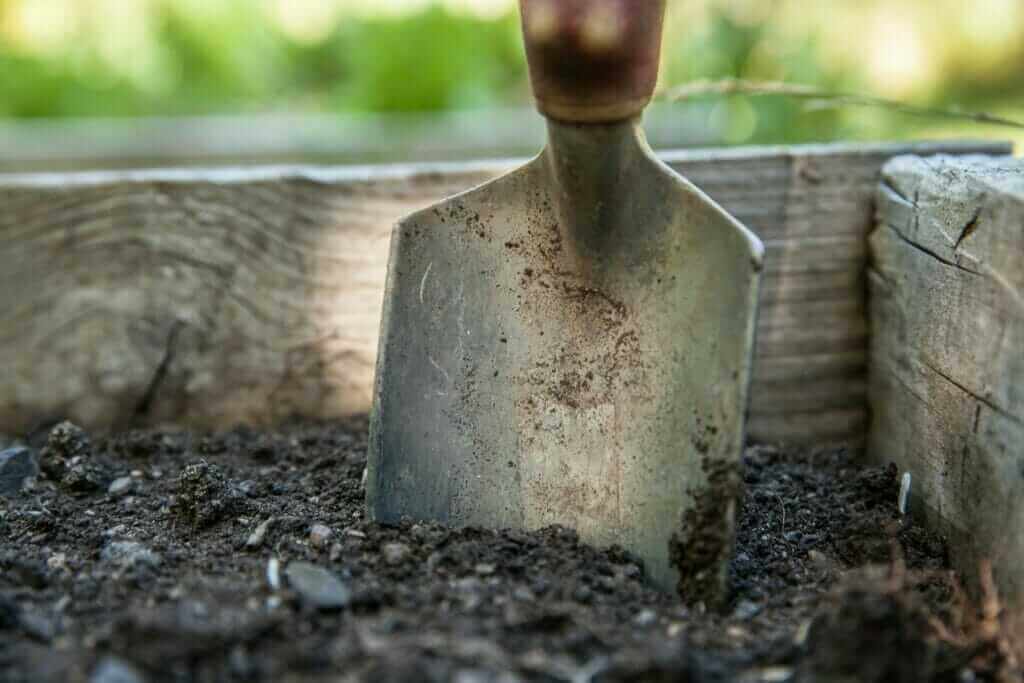
To learn more about composting, bookmark our site or sign up to the newsletter and I’ll let you know when I publish that post on how our compost pile is set up.
This is just as important if not more, than the liquid fertilizers, so in time it will show up prominently as such on this site.
Get Started With Natural Farming Today!
Whether growing herbs and vegetables on your balcony in pots, or running a full scale farm that supports your family, anyone can practice KNF techniques.
And other than the sugar needed to produce the biofertilizers, it is cheap. After the first few times of making the ferments, it becomes easy. Anyone can do it.
Once you discover the importance of microbes, and how it makes natural farming possible, you’ll next need to learn how to start making all the bio fertilizers.
In Thailand, they are heavily promoting this form of agriculture as a means to an end for heavy petrochemical use.
Natural farming is the future of commercial farming… I hope. It’s a way to avoid having to rely and produce more GMO’s too. The day we can stop fearing over glyphosate riddled foods, or freaking out over eating an apple that wasn’t washed properly, will be a good day. It would be ideal if we all started to learn it; the little guys like me and the big mass food producing farms too.


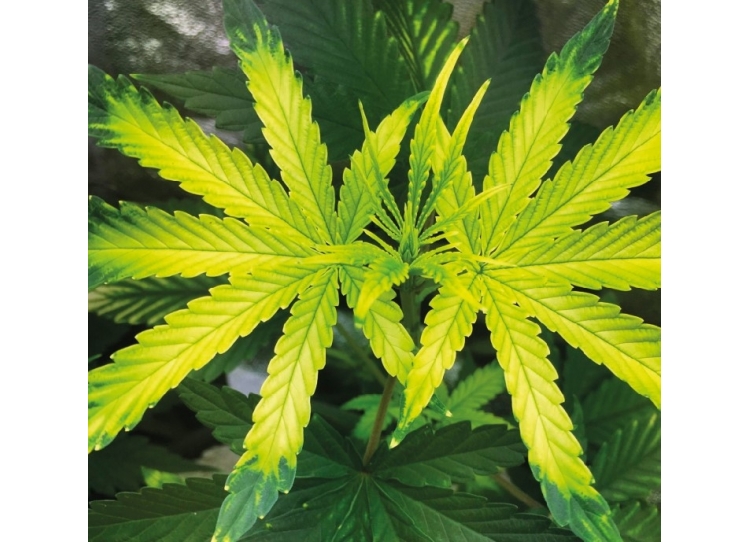
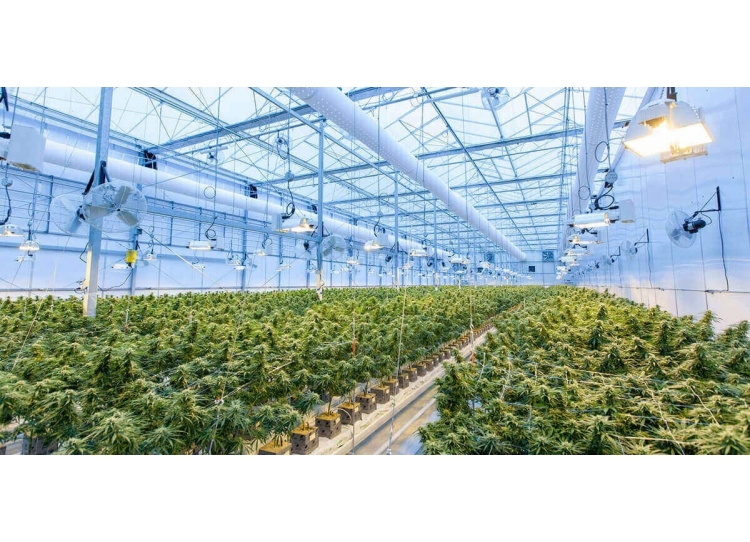
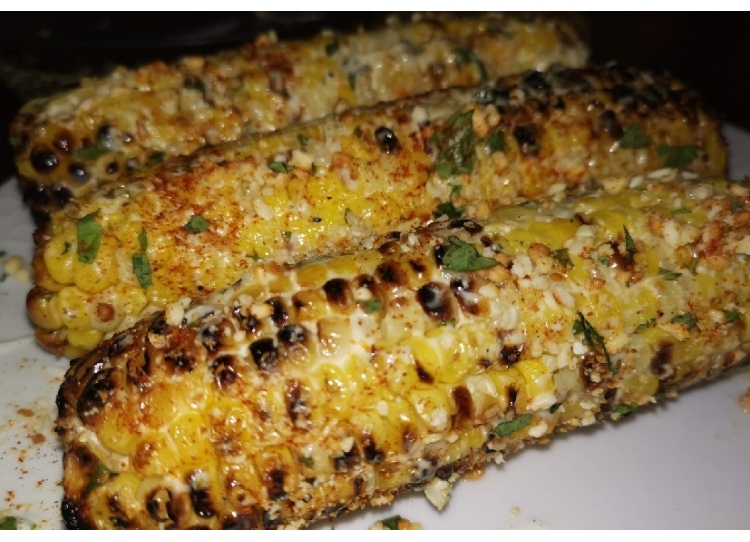

Comments
Leave your comment